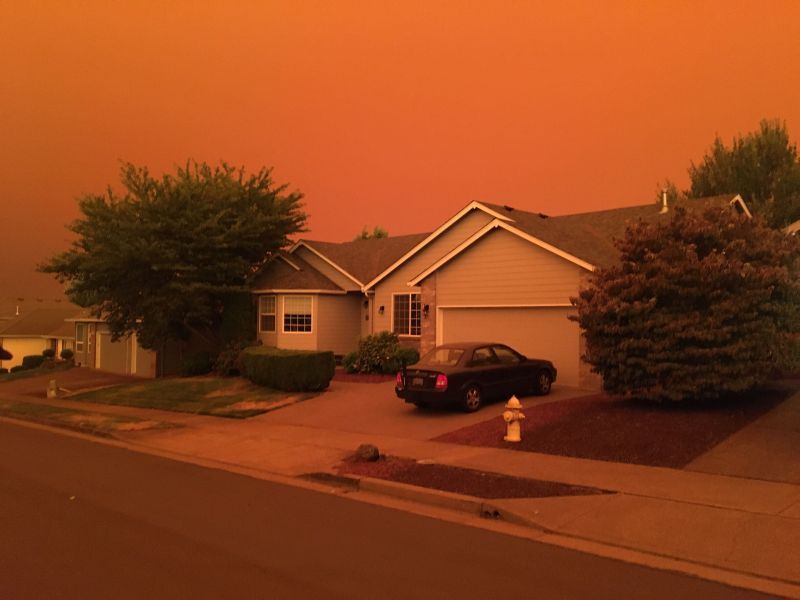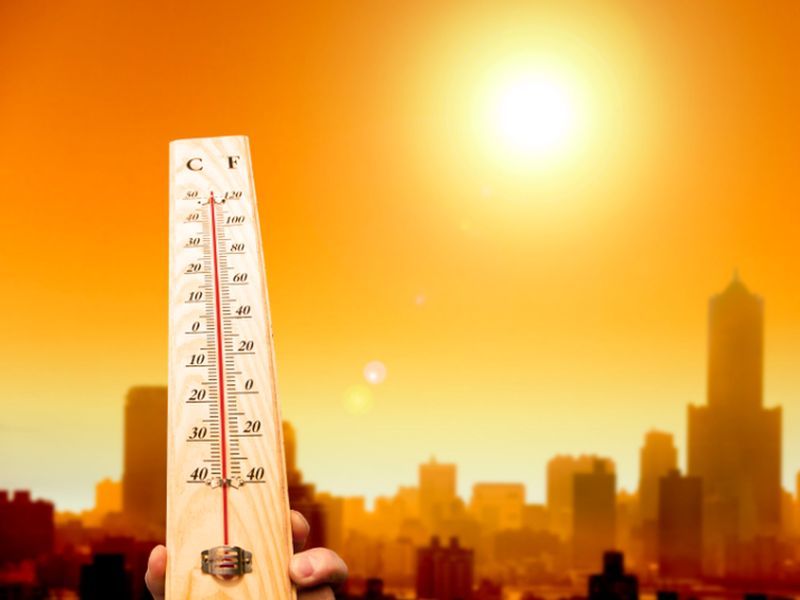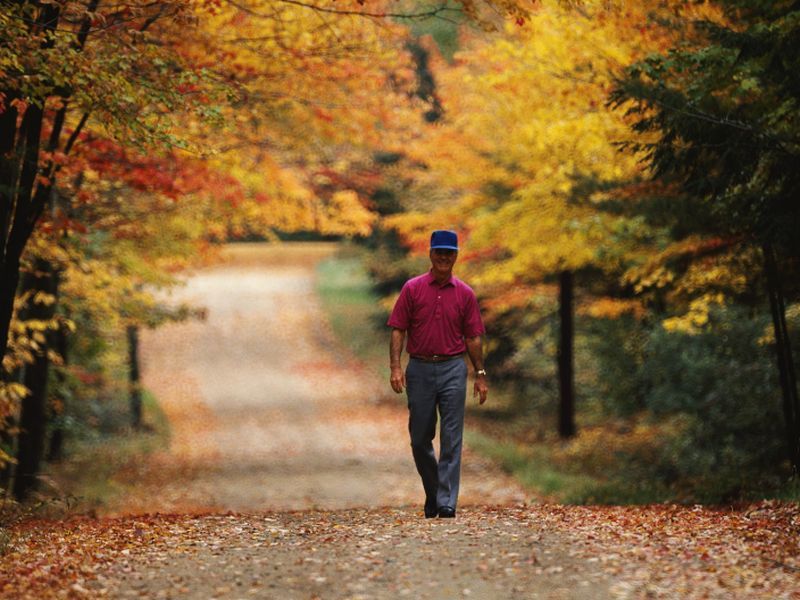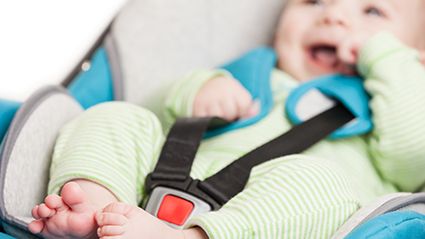
Famed Antarctic explorer Ernest Shackleton may have suffered from a deficiency of the nutrient thiamine, a condition known as beriberi, say researchers who claim they have cracked this nearly 120-year-old mystery. Shackleton is known for his daring expeditions to Antarctica in the early 20th century. He experienced prolonged bouts of extreme shortness of breath and… read on > read on >






























